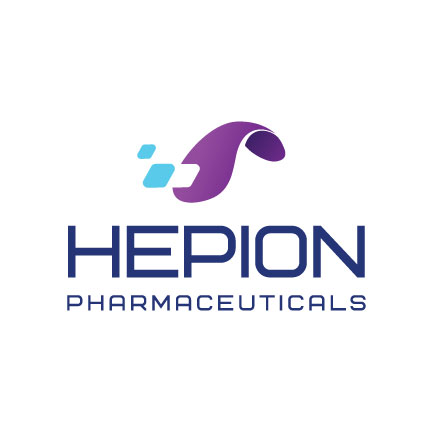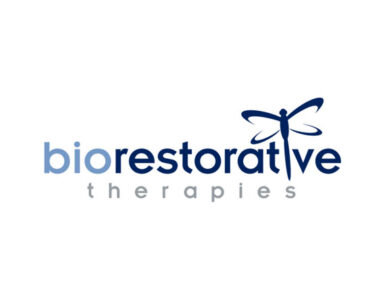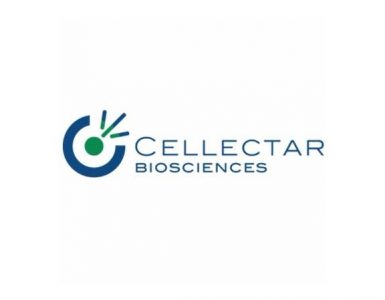
An independent data safety monitoring board (DSMB) has approved continuation of Hepion Pharmaceuticals’ (NASDAQ:HEPA) Phase 2a AMBITION clinical trial for the treatment of advanced non-alcoholic steatohepatitis (NASH).
Two interim analyses were performed by a DSMB to evaluate the safety and tolerability of the 75 mg CRV431 dose cohort in NASH patients. The first analysis occurred half-way through the first dosing cohort and the second analysis occurred at the completion of the first dosing cohort.
The AMBITION trial is the first placebo-controlled study of CRV431 in NASH patients with evidence of moderate-to-severe fibrosis.
“This is the second successful review by the DSMB of our AMBITION trial in NASH patients with moderate-to-severe fibrosis,” Dr. Robert Foster, CEO of Hepion, said in a statement. ‘Now that we have completed dosing in our 75 mg cohort, we are enrolling our final dosing cohort of 225 mg.”
Dosing of all patients is expected to be completed in the first quarter of 2021, to be followed with final data read-out for both dosing cohorts. “The release of our top line preliminary data from our 75 mg dosing group is imminent,” Dr. Foster said, adding that despite the challenges of conducting a clinical trial during the COVID-19 pandemic, “we continue to make good progress.”
In the Phase 2a study, which is being conducted at 10 U.S. sites, CRV431 is administered orally, once-daily for 28 days. The primary objectives of the AMBITION trial are to assess safety and tolerability of CRV431, as well as to delineate pharmacokinetics.
The secondary outcome measure of the Phase 2a trial is to evaluate decreases in non-invasive antifibrotic markers from baseline to the end of the study. Data from the AMBITION trial will be used alongside Hepion’s proprietary AI-POWR to guide and enhance future study design.
Hepion’s lead drug candidate, CRV431, is a pan-cyclophilin inhibitor that inhibits multiple forms of cyclophilins, which play a central role in protein folding and contribute to numerous biological effects including inflammation and fibrosis.
NASH, which is a severe form of non-alcoholic fatty liver disease, affects approximately 17 million people in the U.S. and is a leading cause of liver transplantation. NASH may also lead to cirrhosis, liver cancer and death. Formation of liver fibrosis has been linked to mortality in NASH. To date, there are no approved drugs to treat NASH.






